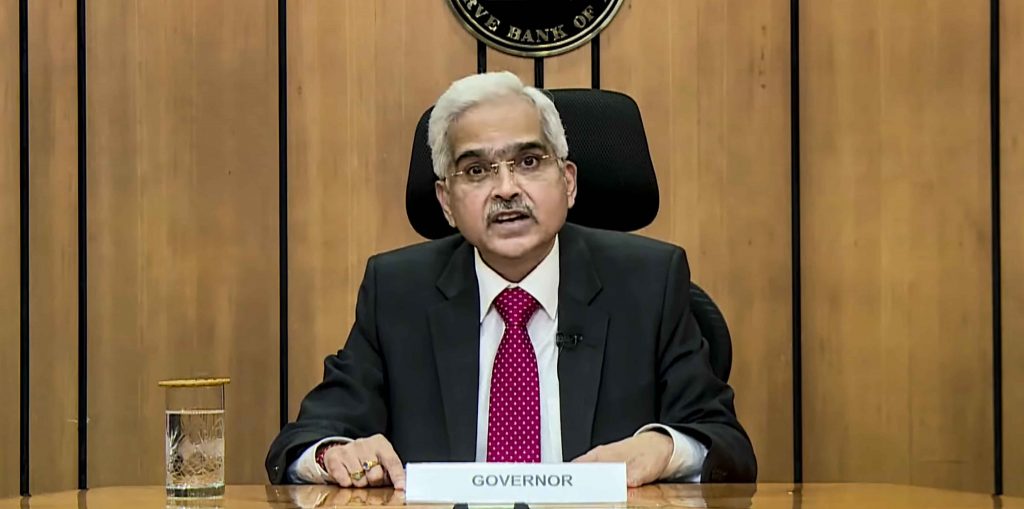Mumbai: The Reserve Bank Thursday proposed to create a public repository of digital lending apps in a bid to address the problems arising from mushrooming unauthorised players in the segment.
In another significant move, the central bank proposed to introduce a facility of “Delegated Payments” in UPI to enable an individual to allow another individual to make UPI transactions.
In a post-monetary policy review address, RBI Governor Shaktikanta Das said the central bank has taken several measures for the orderly development of the digital lending ecosystem in India.
In a bid to address the problems arising from unauthorised digital lending apps (DLAs), he said the RBI proposes to create a public repository of DLAs deployed by its regulated entities.
“The regulated entities (REs) will report and update information about their DLAs in this repository. This measure will help the consumers to identify the unauthorised lending apps,” Das said.
On the introduction of ‘Delegated Payments’ through UPI, the Governor said the facility would enable an individual (primary user) to allow another individual (secondary user) to make UPI transactions up to a limit from the primary user’s bank account without the need for the secondary user to have a separate bank account linked to UPI.
This, he added, will further deepen the reach and usage of digital payments.
The central bank also announced an increase in the transaction limit for tax payments through UPI to Rs 5 lakh. Currently, the transaction limit for UPI is Rs 1 lakh, except for certain categories of payments which have higher transaction limits.
“It has now been decided to enhance the limit for tax payments through UPI from Rs 1 lakh to Rs 5 lakh per transaction. This will further ease tax payments by consumers through UPI,” Das said.
The Governor also announced measures to speed up cheque payment which will benefit both the payer and the payee.
At present, cheque clearing through Cheque Truncation System (CTS), operates in a batch-processing mode and has a clearing cycle of up to two working days.
“It is proposed to reduce the clearing cycle by introducing continuous clearing with ‘on-realisation-settlement’ in CTS,” Das said.
This means that cheques will be cleared within a few hours on the day of the presentation.

